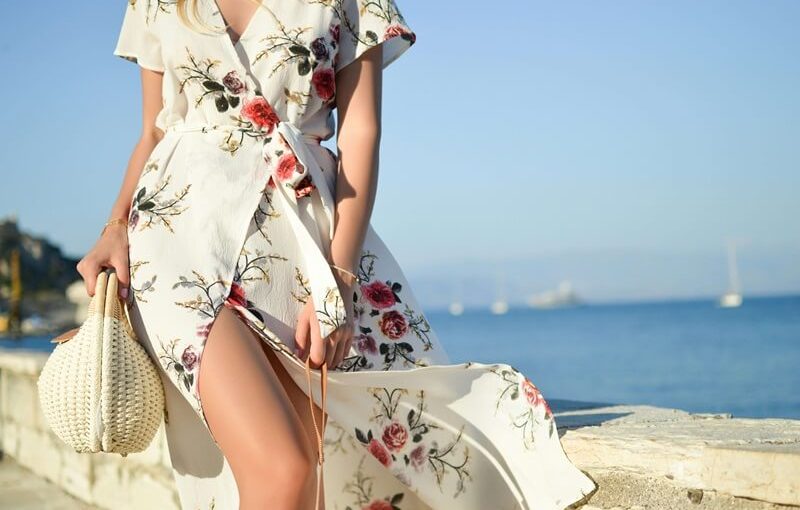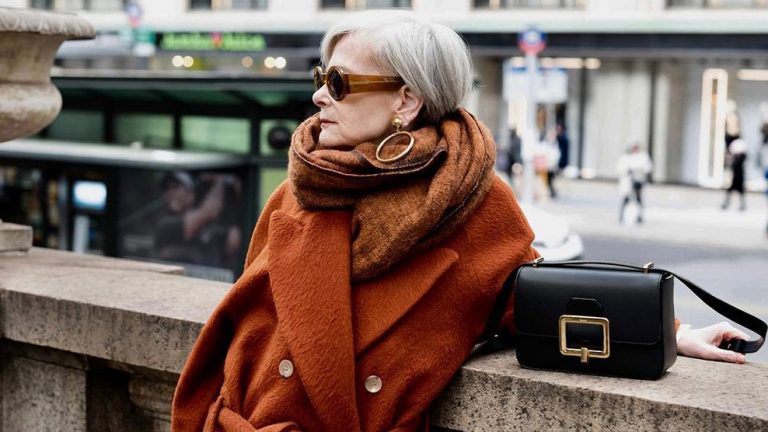Fashion isn’t just about clothing; it’s a powerful tool for shaping personal identity and branding. In today’s highly visual and interconnected world, how we present ourselves through fashion plays a significant role in how we are perceived by others. Whether consciously or not, the clothes we choose, the styles we adopt, and the accessories we adorn all contribute to the image we project to the world. This article explores the multifaceted role of fashion in personal branding and how individuals can leverage it to craft a distinct and compelling identity.
Defining Personal Branding Through Fashion
Personal branding is the intentional process of managing and promoting one’s own image and reputation. Fashion serves as a crucial component of this branding effort, as it allows individuals to express their personality, values, and aspirations visually. The clothes we wear send signals about our tastes, lifestyles, and even our professional competencies. By carefully curating our wardrobe and style, we can align our outward appearance with our desired personal brand.
Fashion as a Form of Non-Verbal Communication
Clothing is a form of non-verbal communication that speaks volumes about who we are and what we stand for. The colors, patterns, fabrics, and silhouettes we choose can convey messages of confidence, creativity, professionalism, or rebellion. Our fashion choices also influence how others perceive our social status, cultural affiliations, and level of sophistication. Understanding the language of fashion allows individuals to strategically communicate their personal brand to the world.
Creating a Signature Style
A signature style is a distinctive and consistent aesthetic that becomes synonymous with an individual’s personal brand. It goes beyond following trends or adhering to fashion norms; instead, it reflects a unique blend of preferences, values, and experiences. Developing a signature style requires self-awareness, experimentation, and a willingness to take fashion risks. Whether it’s embracing a particular color palette, incorporating statement accessories, or favoring a specific silhouette, a signature style reinforces one’s personal brand and leaves a lasting impression.
Fashion’s Influence in Professional Branding
In the professional realm, fashion plays a crucial role in shaping how individuals are perceived by colleagues, clients, and employers. Dress codes vary across industries and workplaces, but regardless of the setting, professionals must dress in a manner that aligns with their personal brand and the expectations of their field. A polished and well-curated wardrobe can enhance credibility, instill confidence, and convey professionalism. By understanding the nuances of workplace attire and leveraging fashion strategically, individuals can strengthen their professional brand and advance their careers.
Navigating Trends and Staying Authentic
While fashion trends come and go, personal branding is about staying true to oneself and maintaining authenticity. It’s essential to balance the desire to stay current with the need to remain authentic to one’s personal brand. Instead of blindly following every trend, individuals should selectively incorporate elements that resonate with their style and values. By staying true to their authentic selves while embracing relevant trends, individuals can ensure that their personal brand remains relevant and enduring.
In the realm of personal branding, fashion serves as a powerful tool for self-expression, communication, and differentiation. By strategically curating their wardrobe, developing a signature style, and aligning their fashion choices with their personal brand, individuals can effectively communicate their identity to the world. Whether in professional settings or everyday life, fashion influences how we are perceived and remembered by others, making it an indispensable aspect of personal branding in the modern era.

